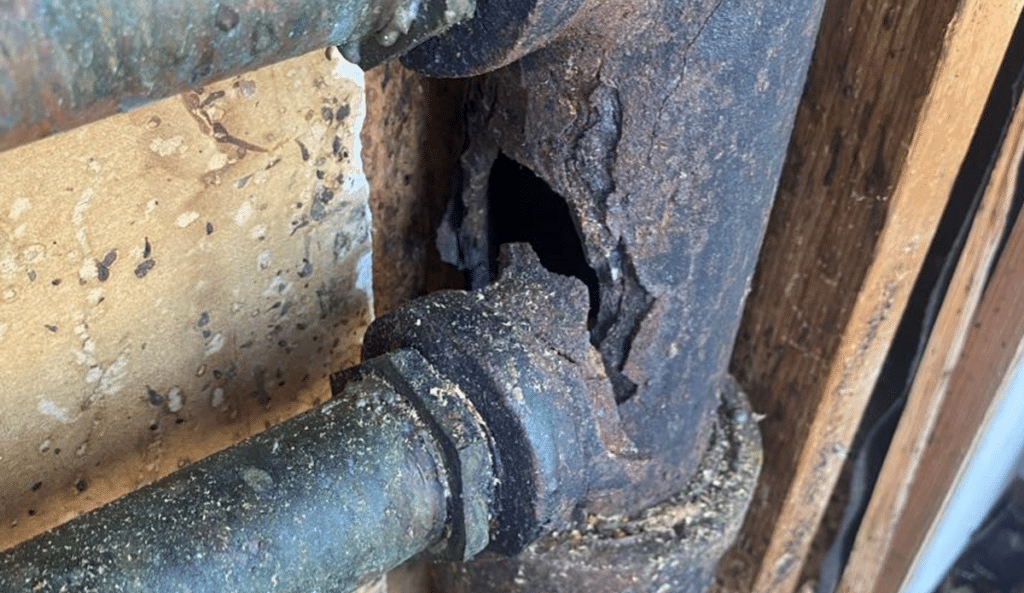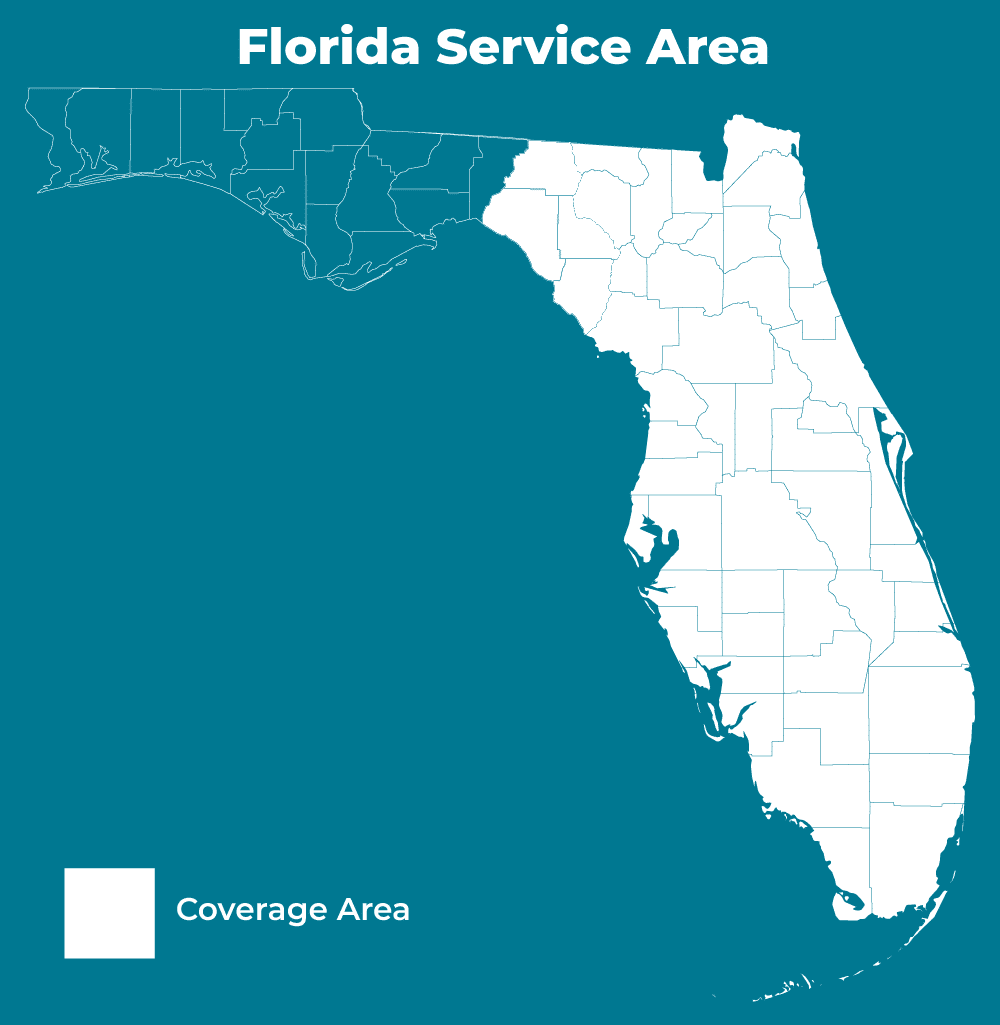When it comes to the plumbing system in any building, the type of pipe used plays a crucial role in the system’s efficiency, longevity, and maintenance needs. Understanding the strengths and weaknesses of different types of pipes can help you determine whether you need to re-pipe your entire system or address a single problematic pipe. This guide covers the most common types of pipes found in buildings, their characteristics, and how to decide on the best course of action.
1. Copper Pipes

Strengths:
- Durability: Copper pipes can last up to 70-80 years.
- Heat Resistance: They are highly resistant to heat, making them ideal for hot water lines.
- Corrosion Resistance: Copper pipes are resistant to corrosion and have a bacteriostatic effect, meaning they inhibit bacterial growth.
Weaknesses:
- Cost: Copper is expensive both in terms of material and installation.
- Rigidity: They can be difficult to install in tight spaces due to their lack of flexibility.
2. PVC (Polyvinyl Chloride) Pipes
Strengths:
- Cost-Effective: PVC is relatively inexpensive and easy to install.
- Corrosion Resistant: These pipes do not corrode, making them suitable for many types of plumbing.
Weaknesses:
- Temperature Sensitivity: PVC pipes can warp or degrade when exposed to high temperatures, making them unsuitable for hot water lines.
- Pressure Limitations: They are not as strong under high pressure as some other materials.
3. PEX (Cross-linked Polyethylene) Pipes
Strengths:
- Flexibility: PEX pipes are highly flexible, which makes installation easier and reduces the need for fittings.
- Temperature Resistance: They can handle both hot and cold water.
Weaknesses:
- UV Sensitivity: PEX can degrade if exposed to direct sunlight.
- Potential Chemical Leaching: There are concerns about the chemicals used in PEX pipes leaching into the water supply.
4. Galvanized Steel Pipes
Strengths:
- Strength: These pipes are strong and can handle high pressure.
- Durability: With a lifespan of around 40-70 years, they have been a popular choice for many decades.
Weaknesses:
- Corrosion: Over time, galvanized steel pipes can corrode and rust from the inside, leading to reduced water pressure and potential leaks.
- Weight: They are heavy and more difficult to install compared to lighter materials like PVC or PEX.
5. Cast Iron Pipes
Strengths:
- Durability: Cast iron pipes can last up to 100 years.
- Sound Insulation: They are great at reducing the noise of water flow.
Weaknesses:
- Corrosion and Rust: These pipes are prone to rust and corrosion, which can lead to leaks, pinholes and blockages. Re-pipe can be difficult.
- Weight: Cast iron pipes are heavy and require more effort and cost to install.
6. ABS (Acrylonitrile Butadiene Styrene) Pipes
Strengths:
- Strength: ABS pipes are very strong and suitable for underground installation.
- Easy to Install: They are lightweight and easier to handle compared to metal pipes.
Weaknesses:
- UV Sensitivity: Similar to PEX, ABS pipes can degrade if exposed to direct sunlight. This sometimes requires patching or a re-pipe.
- Chemical Sensitivity: ABS pipes can be affected by some chemicals and solvents.
Should You Re-Pipe or Fix a Single Pipe?
Signs You Might Need to Re-Pipe:
- Frequent Leaks: If you are constantly repairing leaks, it might be more cost-effective to re-pipe.
- Old Piping Material: Buildings with outdated piping materials like galvanized steel or lead should consider re-piping for better safety and efficiency.
- Water Discoloration: Persistent brown or rusty water indicates corrosion inside the pipes, suggesting it’s time for a replacement.
When a Single Pipe Fix Might Suffice:
- Isolated Leaks: If the problem is limited to a single section and the rest of the system is in good condition, a spot repair might be all that’s needed.
- Minor Corrosion: Small areas of corrosion or minor damage can often be patched without replacing the entire system.
Choosing the right solution for your plumbing issues depends on understanding the materials in your system and the extent of the problem. Regular maintenance and inspections can help identify when it’s time to re-pipe or when a simple repair will suffice. Always consider consulting with a professional leak detection service, like us at Sleuth Leak Detection, to get an accurate assessment of your plumbing system.
Sleuth Leak Detection technology and expertise ensure the precise and efficient detection of water leaks, saving both time and money while preventing property damage often caused by outdated and unreliable methods. We specialize in locating pressurized or drain leaks and will provide guidance on whether a repipe is necessary or if an isolated repair will suffice. While we do not perform plumbing repairs ourselves and have no financial incentive to suggest one option over the other, we can recommend a qualified plumbing contractor in your area if needed.


